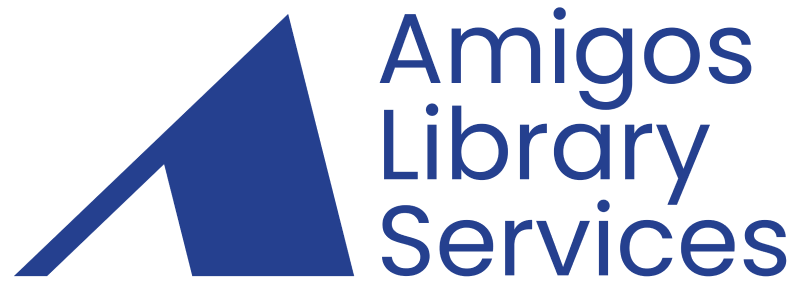Browse Amigos Workshops
From reference and technical services to project management and technology, Amigos Library Services offers a range of courses to help participants learn about the tools and skills needed to serve their communities. Find the type and topic that are best for you.
